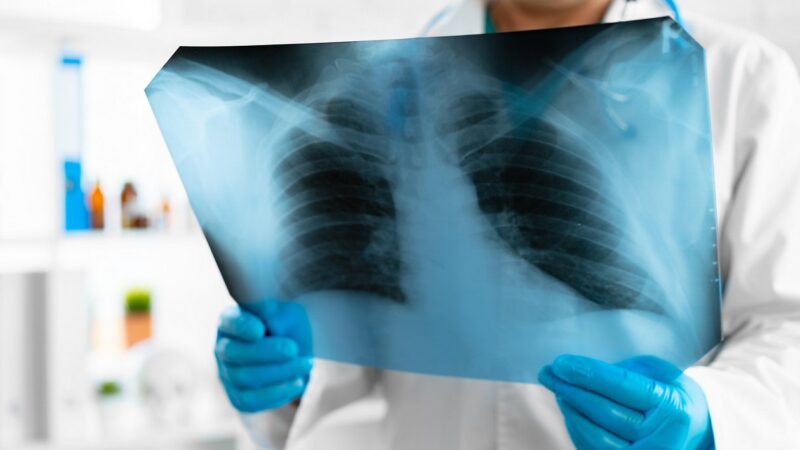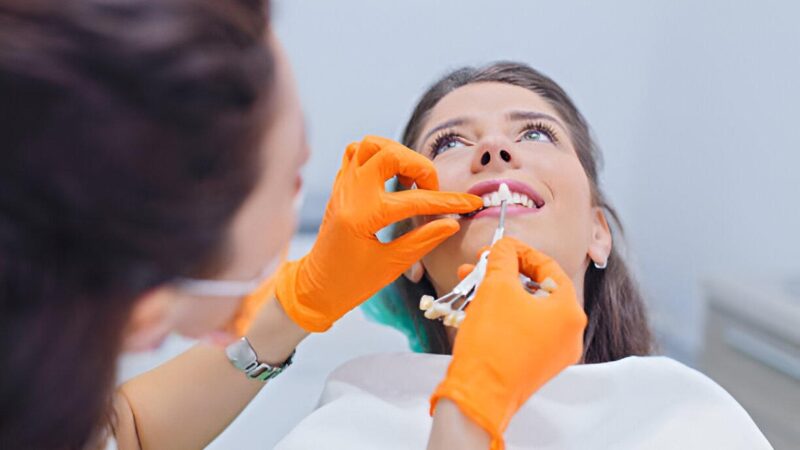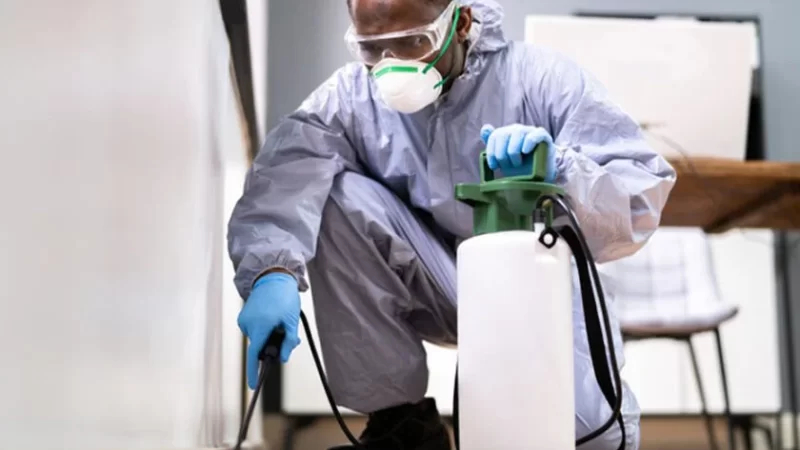Treating Epiretinal Membrane in Singapore Effectively

When looking at normally straight objects like a door frame or a window, have you ever experienced seeing wavy or distorted lines? You might try to rationalise it as the light playing tricks on your eyes, so you look at the object again just to make sure – but nothing changes, the wavy lines are still there and now you are more confused than ever! If this is a familiar scenario, then you probably need to see an ophthalmologist in Singapore to have your vision checked for a condition called an epiretinal membrane, or ERM.
ERM is an eye condition in which a thin layer of fibrous cellular material develops on the retina’s surface. By the sound of it, the epiretinal membrane does not seem to be something that a person should be too concerned about. It is unfamiliar to most and is often mistaken for a body part, one that is obviously connected to the eyes. Incidentally, most people afflicted with epiretinal membrane do not exhibit any symptoms aside from distorted vision (which, more often than not, gets casually ignored).
The truth is, the epiretinal membrane can slowly progress into something more serious if no proper medical intervention is available. You need to see a qualified ophthalmologist in Singapore to get a diagnosis and an appropriate treatment plan.
To learn more about this condition, this article will answer three important questions:
- What are the common symptoms of ERMs?
- What are its causes and risk factors?
- What is the available epiretinal membrane treatment in Singapore?
Common symptoms of ERMs
There is one symptom that is common to many epiretinal membrane patients in Singapore: metamorphopsia. This refers to the visual distortion that makes straight lines appear wavy, crooked, or blurred. ERM affects the central vision, making it hard for patients to read or recognise faces. ERMs can also manifest in the form of double vision, a condition in which a person starts seeing a double image instead of one. The double vision can be side by side, one on top of the other, or even both.
Other less common symptoms of the epiretinal membrane include decreased vision, sensitivity to light, or objects appearing smaller or bigger than their actual size.
Causes and risk factors
ERMs are formed because of an anomaly in the surface of the retina. When clusters of glial cells start to thrive, they form a membrane that can grow more prominent, to a point where it can interfere with the retina and cause blurring or distortion in the eye.
A huge percentage of epiretinal membranes develops as part of the natural ageing process, making it more common in people aged 50 and above. According to recent studies, 2% of patients over the age of 50 and 20% of those who are 75 years old and above have shown symptoms of ERMs. The good thing is that most of these patients do not need treatment.
For some, an epiretinal membrane appears post-traumatic, usually after a surgery to the eye or retina, or as a complication of eye inflammation or other retinal diseases like venous occlusive disease or diabetic retinopathy.
Treatment for epiretinal membrane in Singapore
ERMs are usually diagnosed by an ophthalmologist in Singapore during a routine eye exam. The severity of an epiretinal membrane can be assessed using Ocular Coherence Tomography (OCT). If needed, fluorescein angiography is also used as an additional test in order to identify other retinal issues that might have caused the ERM.
The good news is that ERMs can be treated. Most ERM cases do not tend to worsen after the initial growth so regular monitoring will suffice. But if tests show any signs of progression or deterioration of the patient’s vision, an ophthalmologist in Singapore may recommend a surgical procedure called vitrectomy.
Vitrectomy is performed as an outpatient procedure in specialised eye clinics like Asia Retina. The surgeon creates minuscule incisions in the patient’s sclera (or the white part of the eye that is behind the cornea) to remove the vitreous gel and put it in a saline solution to facilitate the removal of membranes from the surface of the retina. Once done, the surgeon will then proceed to the next (and final) step of the process, which is to apply absorbable sutures that will close the incisions. Self-healing incisions are also available, of course. This innovation allows the eye to heal faster and with little to no irritation.
An eye patch is provided after the surgery, and it has to be worn over the eye until the following day. The patient will be advised to use ointment or eye drops for several weeks to help the treated area heal faster and to avoid infection. The recovery time – or how quickly it is possible to return to work and perform daily activities – varies from one person to another. Over the next couple of months, the distortion of the central vision is lessened, if not restored, if the surgery is successful.
Taking care of your eyes post-surgery
Following post-surgery care is very important to make sure that the results of the procedure are nothing less than spectacular! Here are some useful tips:
- Stay away from unsanitary places.
- Avoid objects (for example, knives) or activities (contact sports/ball sports) that places the eye/eyes at risk for injury.
- As often as possible, use protective eyewear when going out. If you are staying under the sun for prolonged periods, make sure that you have a pair of UV-blocking sunglasses.
All surgical procedures carry risks and ERM surgery is certainly not an exception. There are all sorts of infections and complications that can lead to the worsening of a patient’s condition, so it is necessary to religiously follow the doctor’s advice.
If you are interested to learn more about the risks and benefits of epiretinal membrane treatment, please feel free to visit the Asia Retina clinic, where you can find the best eye specialists and ophthalmologists in Singapore. You can avail of our services from Monday to Friday (9AM to 5PM) and on Saturdays (9AM to 12PM).
Asia Retina – Eye specialist (Ophthalmologist) in Singapore, Dr Claudine Pang
#15-10 The Paragon, 290 Orchard Rd, 238859
+65 6732 0007
https://asiaretina.com







